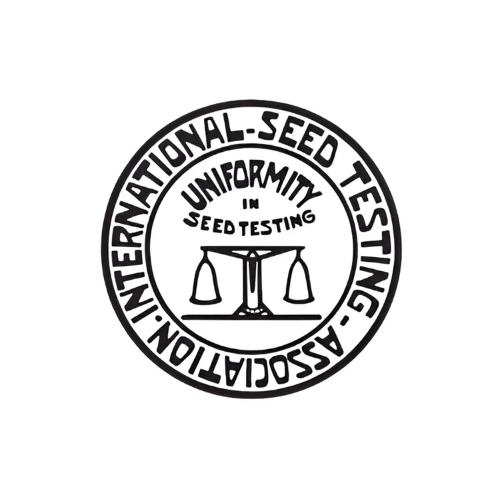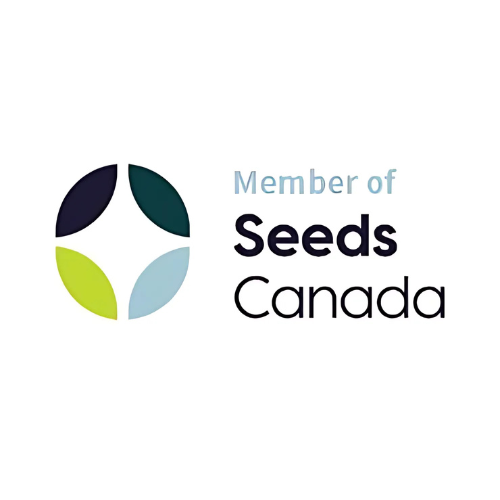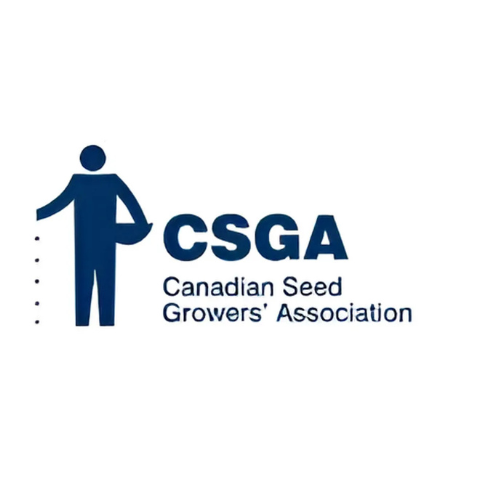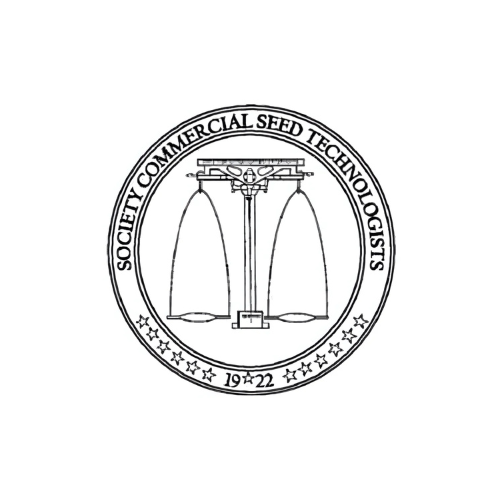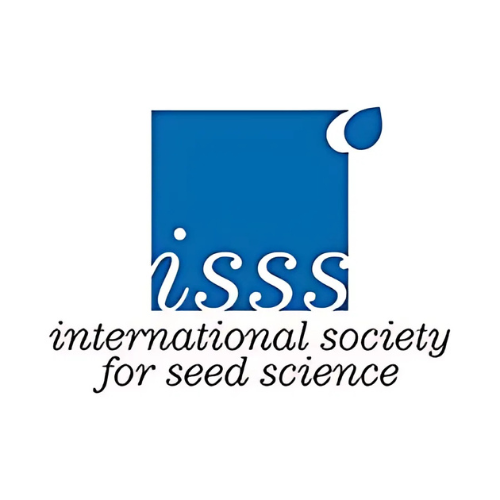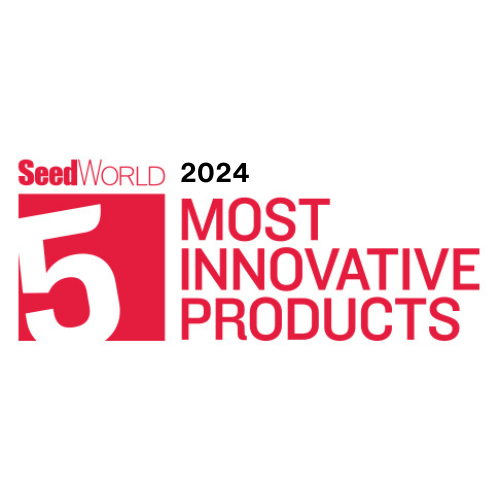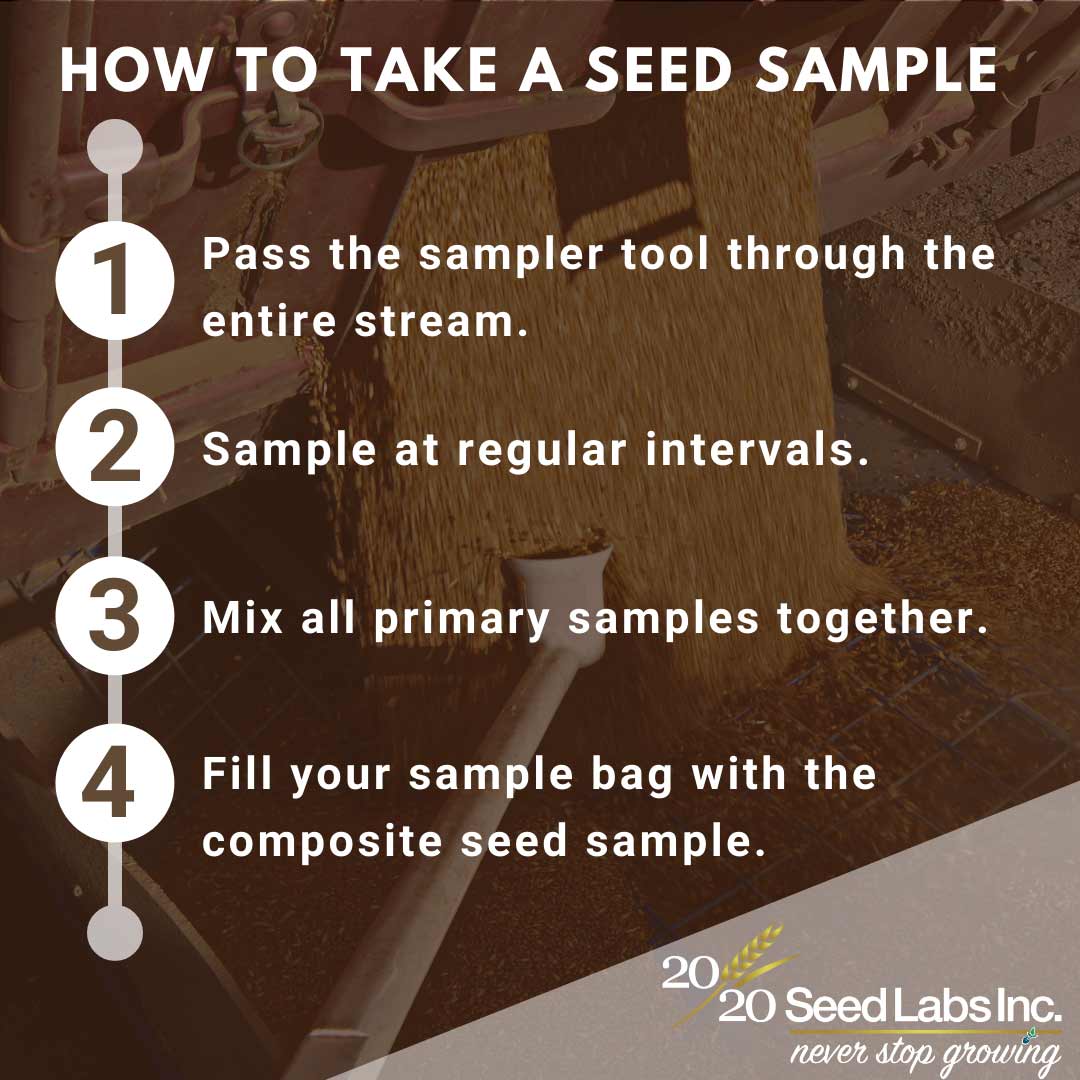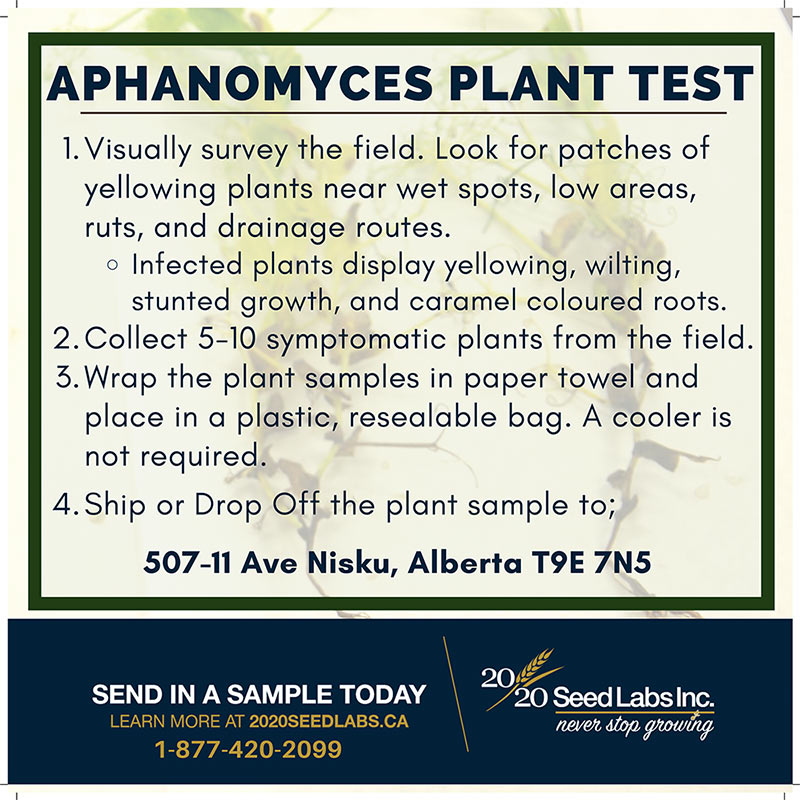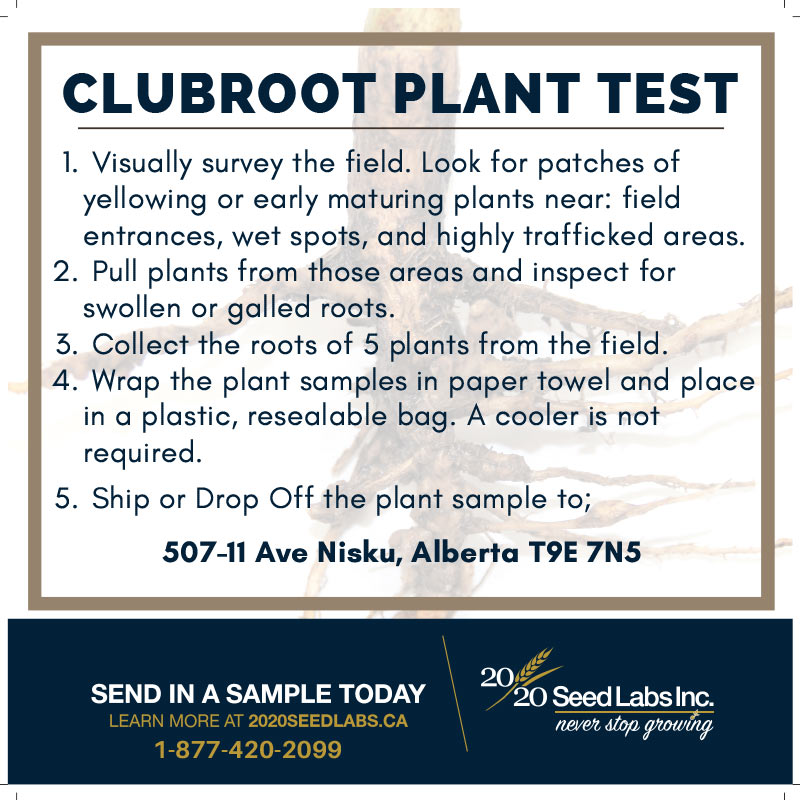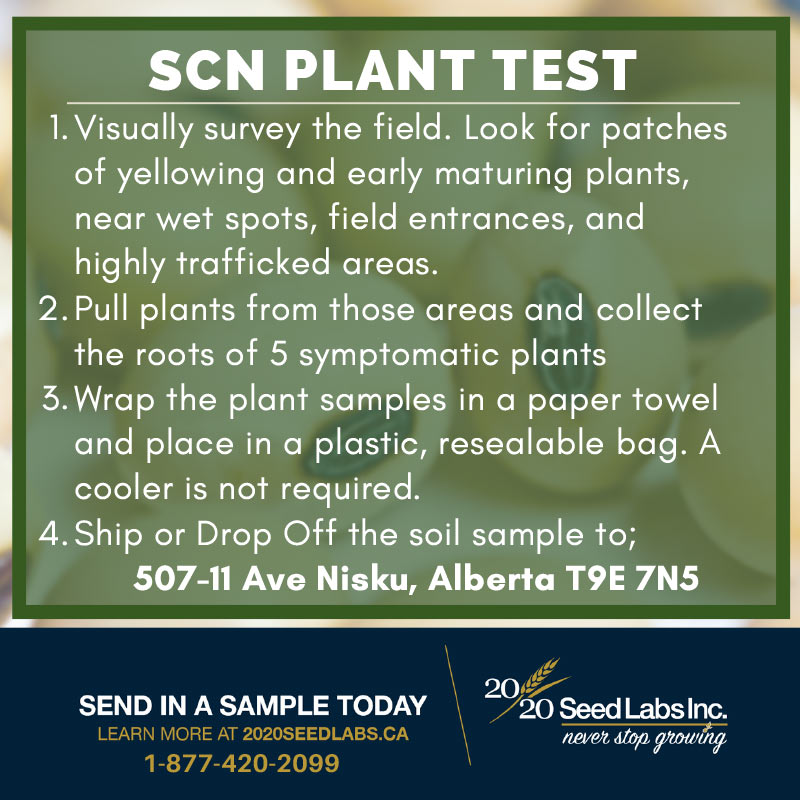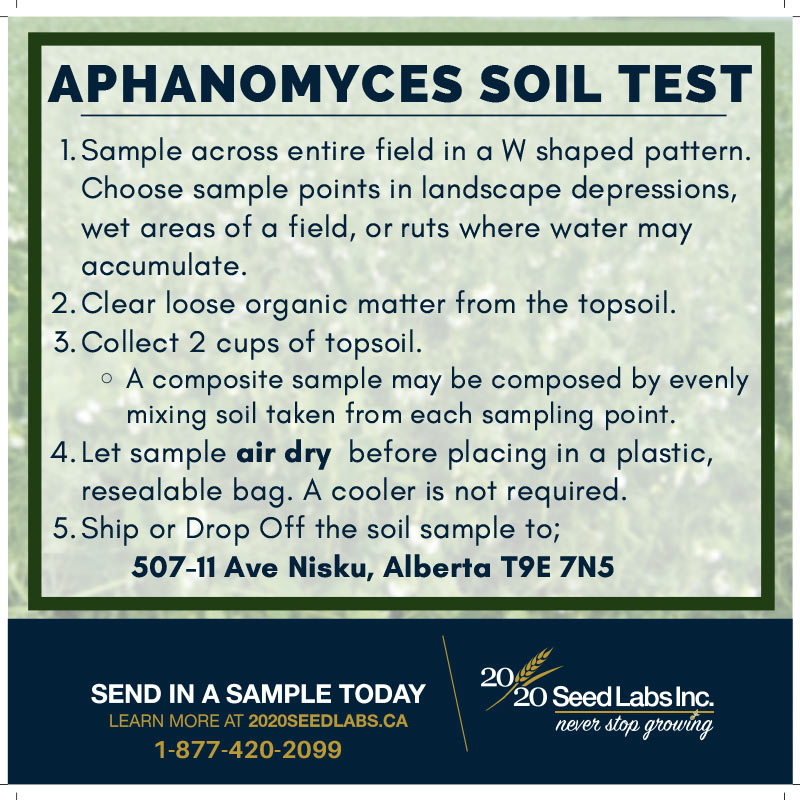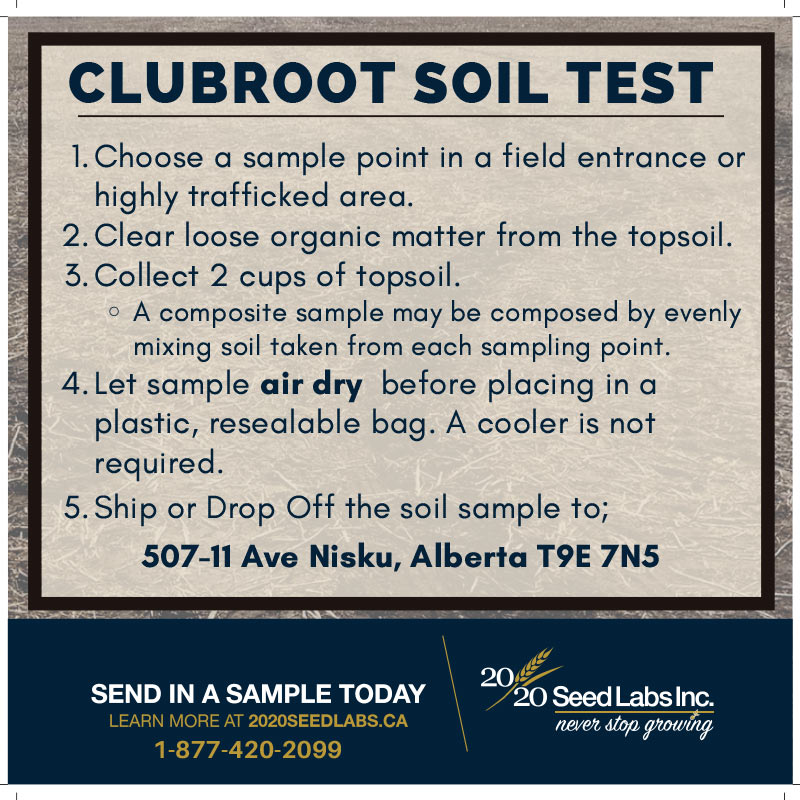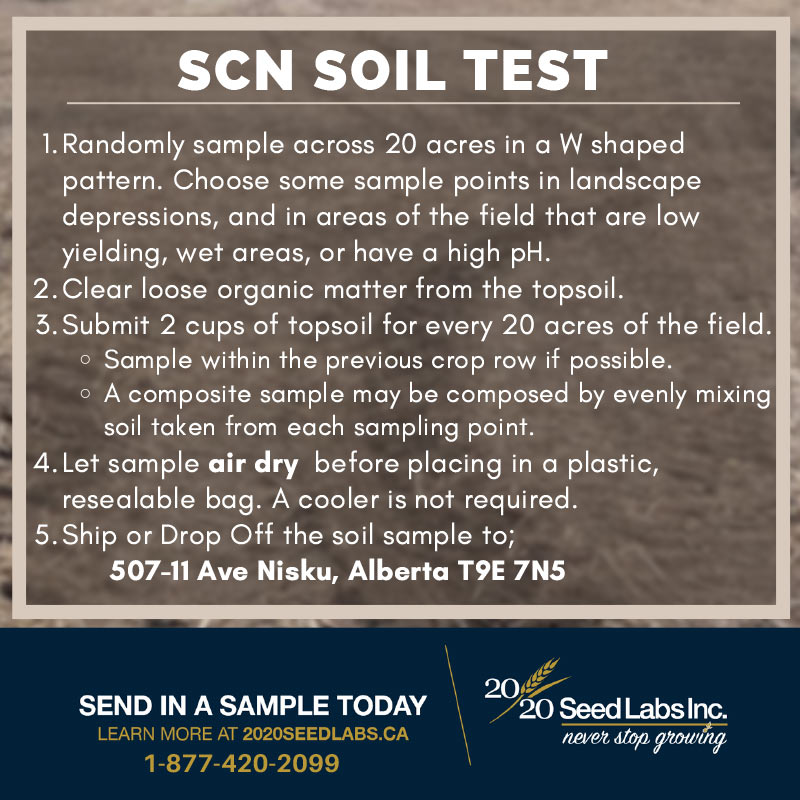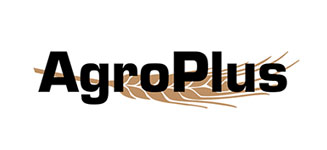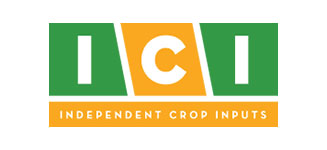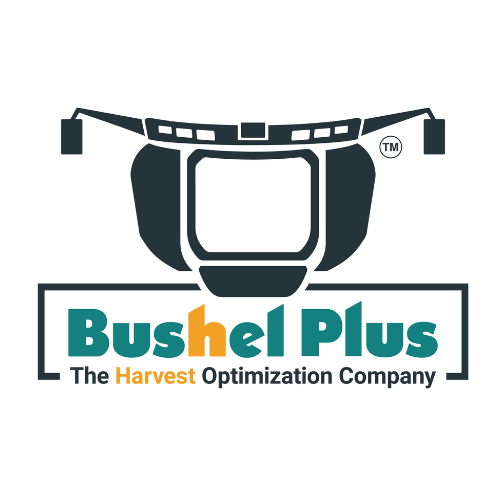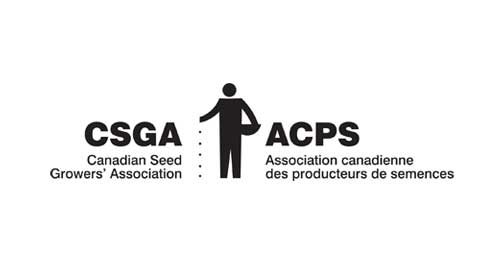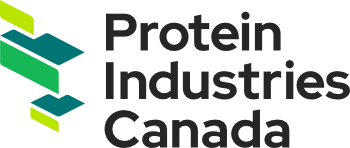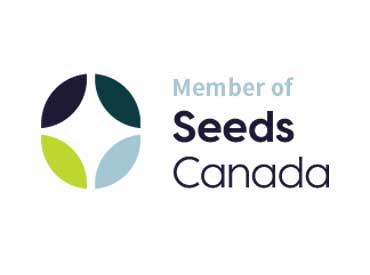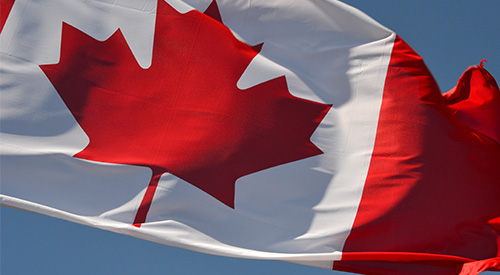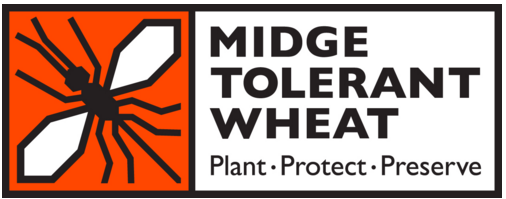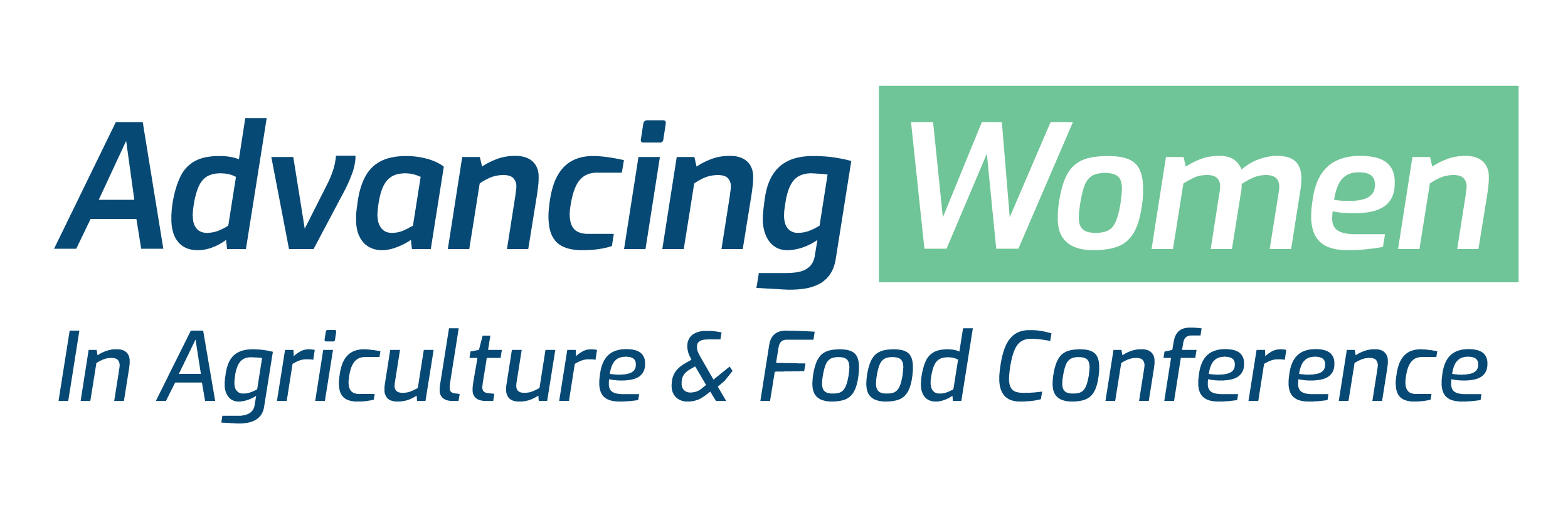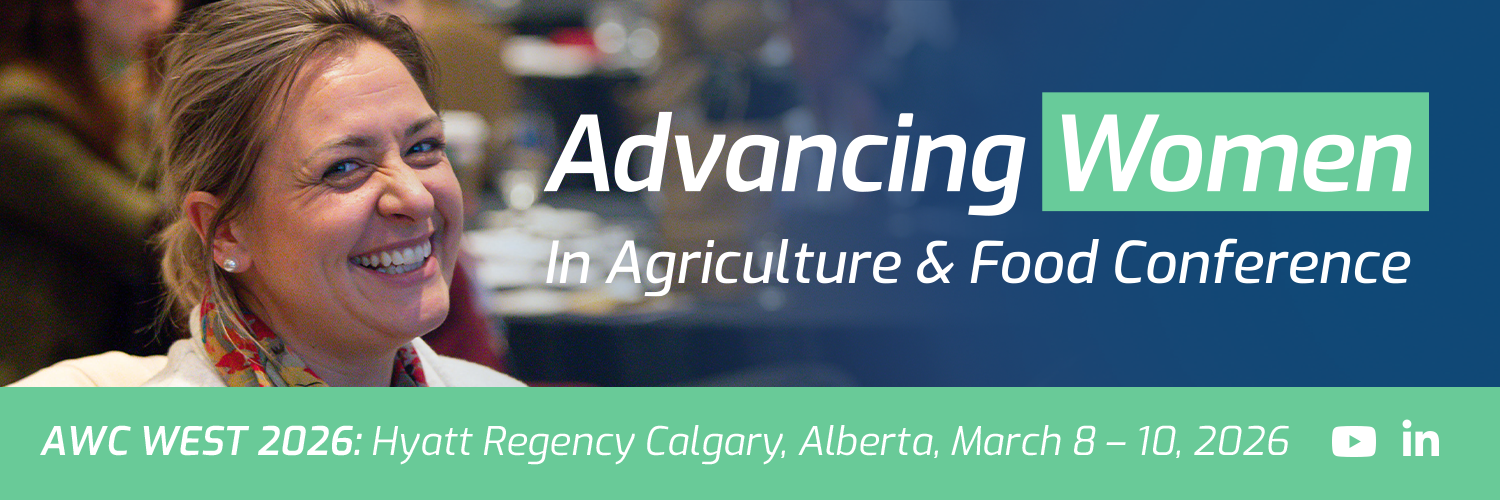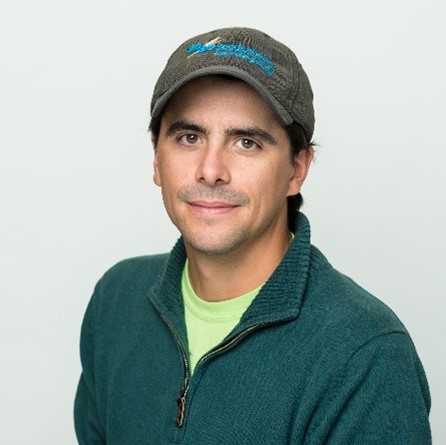Canada has a robust seed scheme. On the world stage it has reputation for developing new varieties, delivering top-quality seed, and having a very good certification system and an exceptional network of seed labs that can do the needed testing.
Identifying areas for change is a huge undertaking. We’ve been talking about this now as an industry for months as the Seed Regulatory Modernization (SRM) process plays out. It’s a major opportunity to discuss the regulations and everything else that goes into them.
I’ve worked in Canada for over 30 years, and there have been a lot of changes, many of them involving privatization of services. That has been good for our entire industry. Now, we need to move to the next level, and that involves building more flexibility into our system to benefit both the seed industry and growers.
The recent Seed Summit 2022 initiated by Seeds Canada was a huge help in generating ideas for how to do this. I came away with a number of revelations that I believe will help in crafting the seed regulatory system of the future.
There is strength in numbers. We’ve got to have as many people involved in the process as possible, and make sure that all the stakeholders are aware that this is actually happening. The summit saw over 700 registrants and was held in partnership with a number of producer and commodity groups. The Seeds Regulations haven’t had a major update since the 1990s. This is a really good opportunity for all of us — farmers, seed growers, analysts, the seed trade, you name it — to make this something really worthwhile.
It’s a massive undertaking but we have the ability to get to the finish line. Initially I was concerned that SRM was too big and we might get overwhelmed and get nothing done. What I’ve realized is we have a really seasoned seed industry here, and all of us combined understand the complexities of it. CFIA have been exceptionally good in listening and inviting us to give our opinions via the SRM process.
We stand to gain a lot from it, if we keep our eyes on the prize. If we put aside the politics that inevitably rears its head in efforts like this, we can have a system with more flexibility that benefits everyone. We might be able to get varieties to market quicker. As an analyst, I can say that we’re looking for an easier, less complicated way of delivering results and ensuring seed quality that is cost-efficient and gives the customer the results they expect.
Seed buyers and sellers want to be able to have more freedom in terms of saying what works for them in terms of trade. Growers, of course, still want to know they have the security of the Canadian Food Inspection Agency being there for variety registration and to oversee the general seed certification process.
The SRM process is going to take five years. Seed Summit 2022 has been a huge help in furthering the discussion. We’ve only just started to scratch the surface. Seed Summit 2022 is going to allow everyone — industry and farmers — to be able to talk a lot more freely about what we want as individuals who participate in this industry.
There’s more work to be done but we’re getting there one step at a time. The best thing is for us all to be engaged, from the halls of industry to the lab right to the farm level.
This article was originally published in Germination magazine. Read the latest news in the Canadian and international seed industry at Germination.
